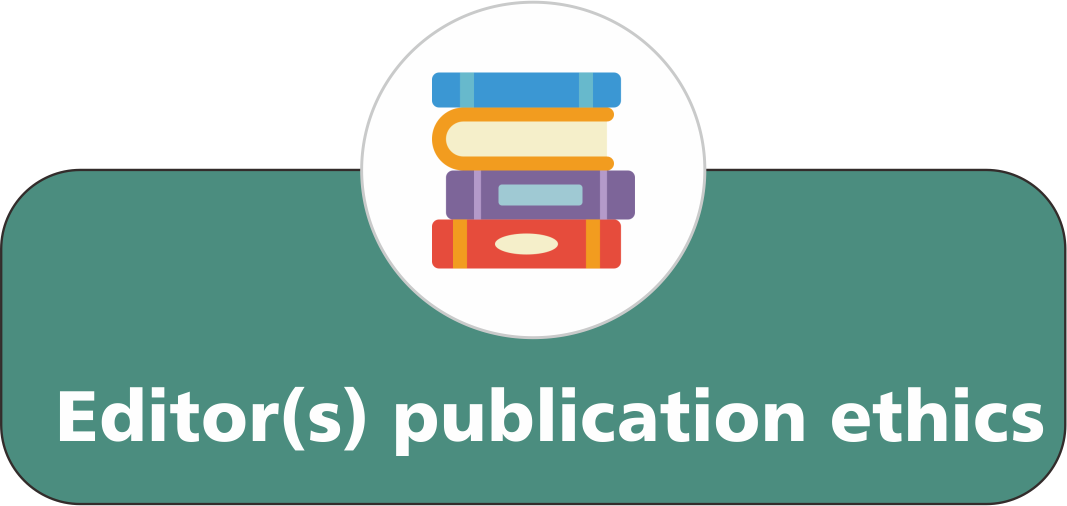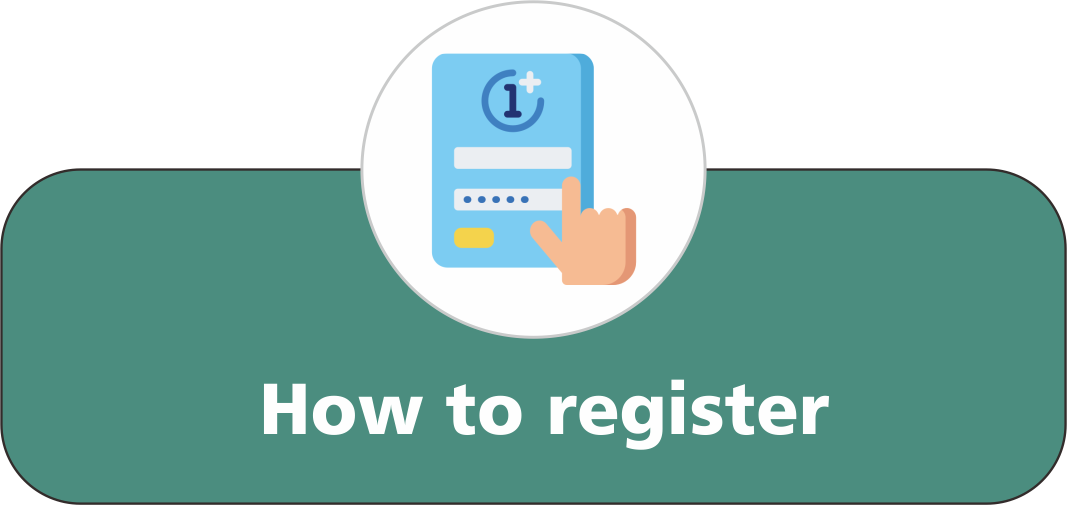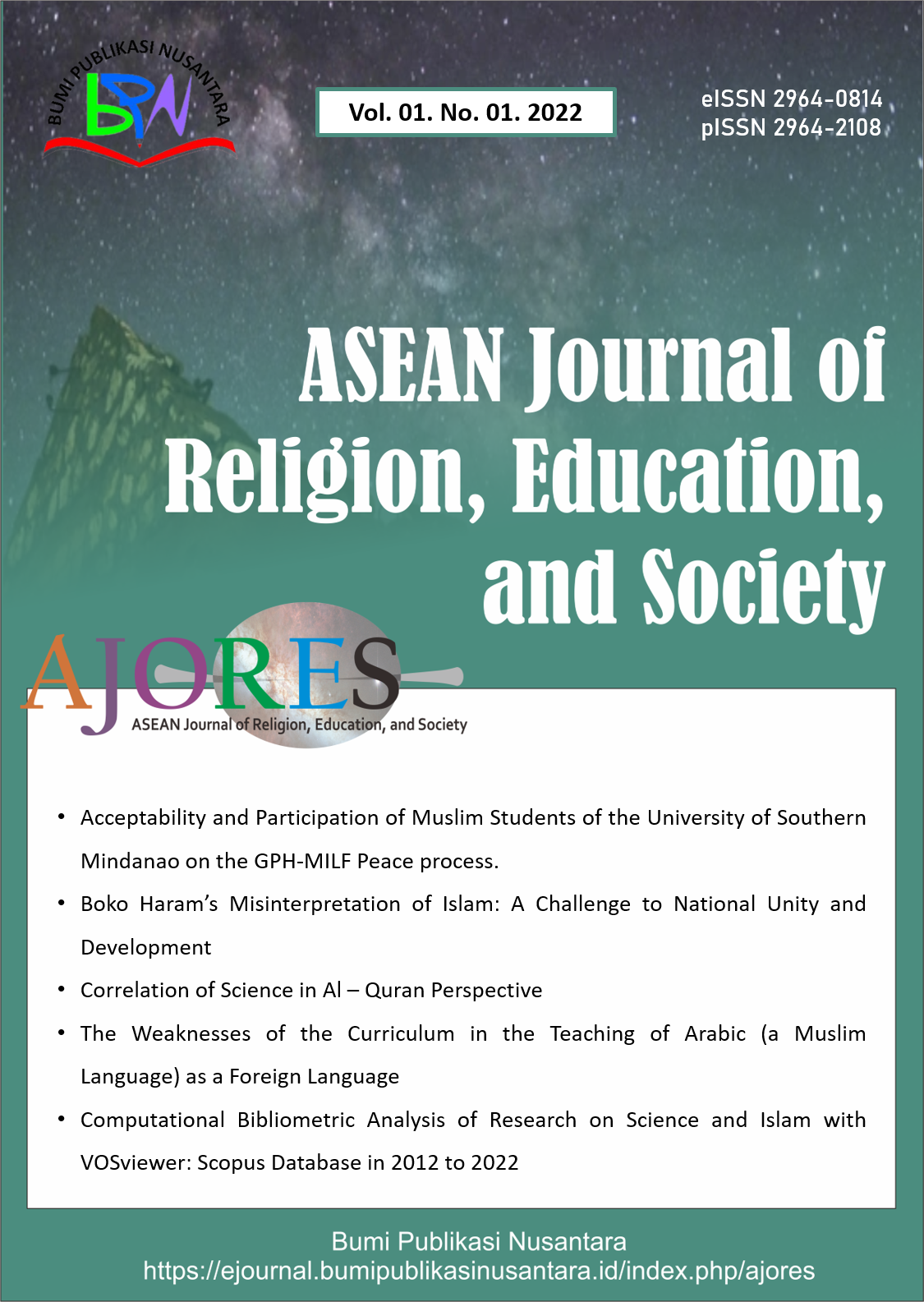Social Media Da'wah Strategy in Implementing Islamic Da'wah
 ), Junda Perdana(2), I. Istianah(3), Adha Saputra(4), Lira Erlina(5), Saeed Abdullah Saeed Saket(6), Ammar Mohammed Abdo Al-Gumaei(7),
), Junda Perdana(2), I. Istianah(3), Adha Saputra(4), Lira Erlina(5), Saeed Abdullah Saeed Saket(6), Ammar Mohammed Abdo Al-Gumaei(7),
(1) Sekolah Tinggi Ilmu Bahasa Arab Ar Raayah
(2) Sekolah Tinggi Ilmu Bahasa Arab Ar Raayah
(3) UIN Raden Mas Said Surakarta
(4) Sekolah Tinggi Ilmu Al-Qur’an (STIQ) ZAD
(5) Sekolah Tinggi Ilmu Al-Qur’an (STIQ) ZAD
(6) University of Aden
(7) Islamic University of Madinah
 Corresponding Author
Corresponding Author
Abstract
Keywords
References
Ahyar, M. (2017). Islamic clicktivism: Internet, democracy and contemporary islamist activism in Surakarta. Studia Islamika, 24(3), 1-48.
Anggraeni, D. S. (2023). Quora: Situs komunitas tanya jawab sebagai medium diskursus ruang publik. Jurnal Socia Logica, 2(1), 51-68.
Asmaya, E. (1970). Implementasi metode dakwah islam ala Nabi Muhammad SAW Di Indonesia. KOMUNIKA: Jurnal Dakwah Dan Komunikasi, 8(2), 221–242.
Chen, Y., Dong, T., Ban, Q., and Li, Y. (2021). What concerns consumers about hypertension? A comparison between the online health community and the QandA forum. International Journal of Computational Intelligence Systems, 14(1), 734–743.
Fitriansyah. (2018). Efek komunikasi massa pada khalayak (studi deskriptif penggunaan media sosial dalam membentuk perilaku remaja). Cakrawala, 18(2), 171–178.
Habibi, M. (2018). Optimalisasi dakwah melalui media sosial di era milenial. Al-Hikmah: Jurnal Dakwah, 12(1), 101–116.
Haryanto, J. T. (2015). Perkembangan Dakwah Sufistik Persepektif Tasawuf Kontemporer. Addin, 8(2), 269-294.
Juminem, J. (2019). Adab bermedia sosial dalam pandangan Islam. Geneologi PAI: Jurnal Pendidikan Agama Islam, 6(1), 23-34.
Liu, E. Z.-F., Cheng, S.-S., and Lin, C. H. (2013). The effects of using online qanda discussion forums with different characteristics as a learning resource. The Asia-Pacific Education Researcher, 22, 667–675.
Maity, S. K., Kharb, A., and Mukherjee, A. (2018). Analyzing the linguistic structure of question texts to characterize answerability in Quora. IEEE Transactions on Computational Social Systems, 5(3), 816–828.
Ramos‐Cerqueira, A. T. de A., Torres, A. R., Torresan, R. C., Negreiros, A. P. M., and Vitorino, C. N. (2008). Emotional burden in caregivers of patients with obsessive‐compulsive disorder. Depression and Anxiety, 25(12), 1020–1027.
Rischette, R., Baranger, T. N., and Debit, N. (2014). Numerical analysis of an energy-like minimization method to solve a parabolic Cauchy problem with noisy data. Journal of Computational and Applied Mathematics, 271, 206–222.
Santoso, B. R., Fatmasari, L., and Nurcholis, A. (2021). Strategi dakwah multimedia nahdlatul ulama melalui instagram@nuonline_id. Al-Insyiroh: Jurnal Studi Keislaman, 7(1), 115-135.
Sulthan, M., and Istiyanto, S. B. (2019). Model literasi media sosial bagi mahasiswa. Jurnal Aspikom, 3(6), 1076-1092.
Sumadi, E. (2016). Dakwah dan media sosial: Menebar kebaikan tanpa diskrimasi. Jurnal Komunikasi Penyiaran Islam, 4(1), 173–190.
Yapri, A. S., Wahyudi, S. E., and Sugianto, N. (2017). Rancang bangun aplikasi mobile ini atau itu sebagai media tanya jawab berbasis komunitas. Jurnal Informatika Dan Sistem Informasi (JUISI) Universitas Ciputra, 03(02), 47–56.
Zameer, H., Shahbaz, M., and Vo, X. V. (2020). Reinforcing poverty alleviation efficiency through technological innovation, globalization, and financial development. Technological Forecasting and Social Change, 161, 120326.
Article Metrics
Abstract View : 1653 times
: 1653 times Download : 999 times
Download : 999 times
Refbacks
- There are currently no refbacks.
Copyright (c) 2024 Bumi Publikasi Nusantara

This work is licensed under a Creative Commons Attribution-ShareAlike 4.0 International License.







